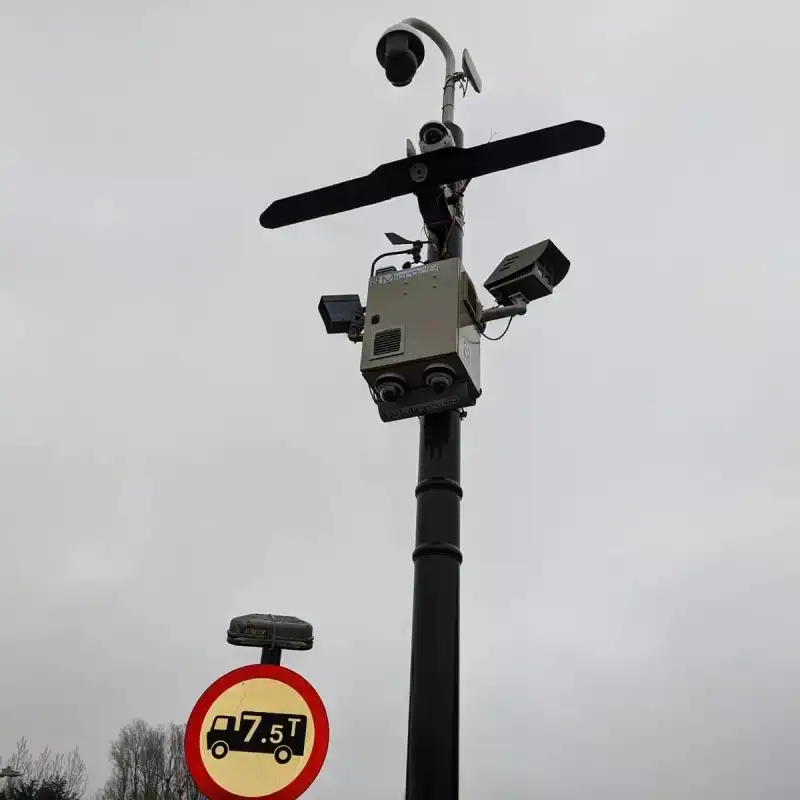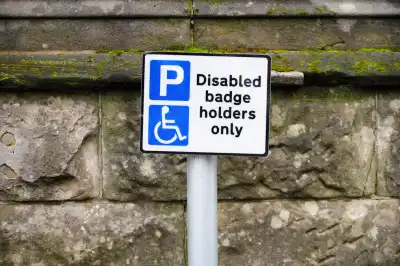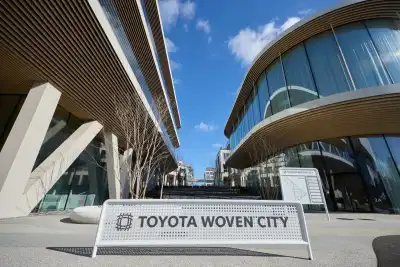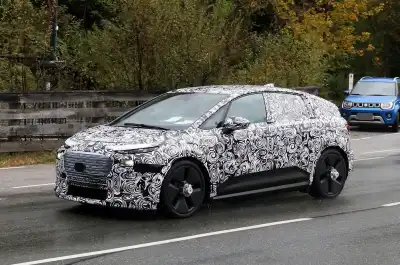
Most Britons support tougher action against excessively loud cars, including the use of new “noise cameras” to automatically fine drivers.
A survey of 1,138 motorists found widespread frustration at the disturbance caused by modified exhausts and engines. People reported being woken at night, unable to enjoy their gardens, or even avoiding opening windows in summer to block out the racket.
Three in five drivers said they back noise cameras, which use microphones to detect vehicles breaching sound limits and automatically capture footage for fines. Almost two-thirds also want stricter MOT checks on exhaust systems, while two-thirds believe the current £50 on-the-spot fine for noisy exhausts is far too low.
Paul Barker, editor of Auto Express, which ran the poll, said:
“Our research shows just how strongly the public feels about noisy cars, with more than half saying they directly harm their quality of life.”
Since 2016, new cars have been restricted to 72 decibels (dB). From 2026 this will fall to 68dB, and modifying an exhaust to exceed factory limits is already illegal. But cuts to road policing mean many drivers escape penalties.
More than half of UK adults (54%) say they’ve been disturbed by noisy vehicles, a third experiencing it daily. One in three say it spoils time in the garden, and nearly a quarter avoid opening windows to block out the sound. Around 14% report stress or anxiety from noise, and one in 20 say it disrupts working from home.
Barker acknowledged that some enthusiasts enjoy the sound of their cars but stressed the difference between “responsible enthusiasm and anti-social noise.” He added that a shift to electric vehicles – typically 10dB quieter than petrol or diesel – will help cut noise pollution in cities over the next decade.
How Noise Cameras Work
Noise cameras operate much like speed cameras, but with sound. Microphones monitor passing vehicles, and when noise exceeds 80dB, the system records eight seconds of video in both directions. Enforcement officers then identify the number plate and issue fines.
At present, the legal limit for road cars is 72dB – about as loud as a vacuum cleaner. From 2026, this will fall to 68dB.



